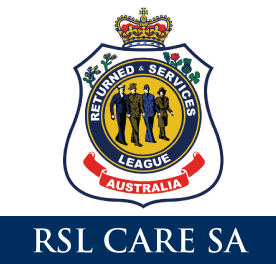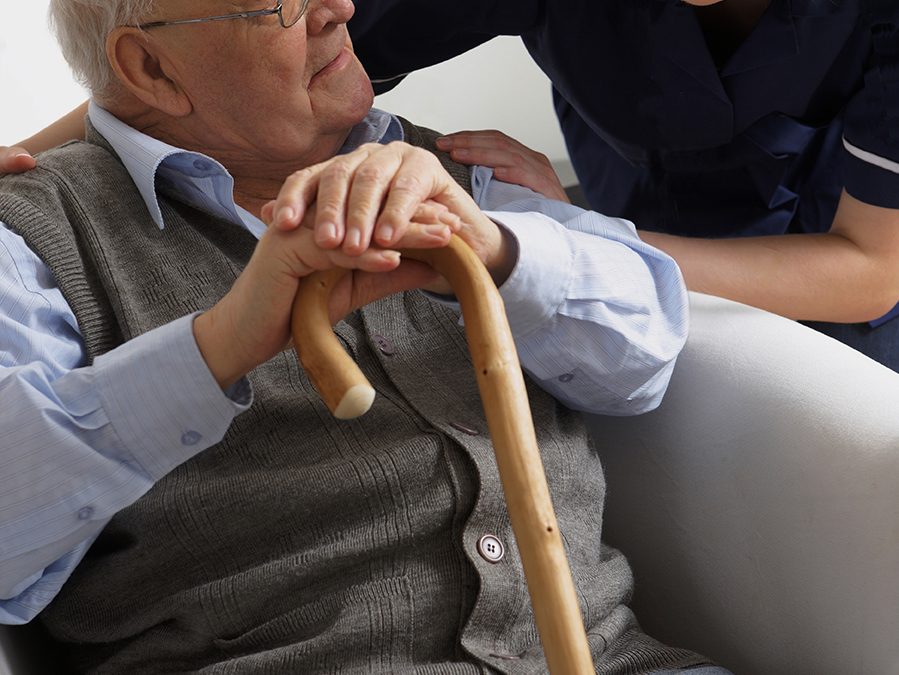When ageing parents need help or care
When ageing parents need a higher level of support and help, it can be a very stressful and overwhelming time. It often helps to take a step back and evaluate how much help your parent(s) need with everyday life.
Some key areas to think about are:
- Family support
- Medical needs
- Cognitive health
- Mobility
- Personal hygiene
- Meal preparation
- Social interaction
It pays to keep track of how much support they are currently receiving in each of these areas and how much more support they realistically require in order for them to remain safe and healthy.
Who can provide the care that is required?
Everyone’s situation and circumstances vary greatly, and it may not be possible for you to care for your parents by yourself or in conjunction with family members. We want our parents to be safe and healthy. It is not selfish or heartless if you are not the best person to personally provide that care. By arranging services and help they require you are still being supportive and caring.
Include your parents in the process
It can be challenging when someone loses control over their life, particularly if they are already concerned about losing their independence. It is important to involve your parents as much as possible in the planning of their care. Ageing parents can often be resistant, so it may take multiple conversations to help them see that your intentions and actions are for their benefit. As long as their safety is not compromised, it may be useful to focus on the most important areas of need initially, and work through them together.
Make sure home safety basics are covered
Safety hazards in the home increase over time for elderly people, a small bump from the carpet to tiles, which has never been an issue previously, can become a trip hazard. Preventing falls will help keep parents independent for as long as possible. Investigate obtaining a personal alarm if they are at risk of falls.
Some simple fixes include:
- Making sure all floors and walkways are clear of clutter, cords and rugs
- Adding handrails in bathrooms and railings for any steps
- Making sure lighting is bright and switches are easy to access
- Ensuring appliances work well and are within easy reach
- Adjusting where items are in cupboards and shelves so step ladders or bending down is minimized
Make communication simple and accessible
The ability for parents to make calls easily when help is needed or to keep in touch with family and friends is another way to reassure them and keep them safe. It is important that they can easily use and communicate with others as isolation and loneliness can negatively affect a person’s overall health and wellbeing.
Understand the financial situation
No matter what their financial situation is, care for an older person or parent will cost money depending on where they choose to live. It is advisable to estimate future costs so you can be prepared.
Think about the medical care they are likely to need, along with where they could potentially be living ie. With you, assisted living, at home. Everyday costs like food, care supplies, home modifications etc. will also need to be taken into consideration.
Once you estimate future costs and you have an idea of their financial position, you will know if they will be able to afford the type of care they need, in the environment they prefer. We advocate to consult a financial planner who has experience in these areas
Regardless of the type of care required, all Australians are entitled to quality aged care in a residential service regardless of their financial situation. You can read more about fees and charges in residential care here.
Explore available aged care options
These steps or ideas seem relatively straight forward but caring for an ageing parent can be an overwhelming responsibility. Below you will find some helpful resources and other care options that may be useful.
- the Australian Government My Aged Care website provides a wealth of information & resources regarding Aged Care. You can also register to have an ACAT assessment done and see what services your parents may be eligible for.
- Older Persons Advocacy Network have some great resources to help navigate the aged care system
- Your local General Practitioner (GP) can also be of assistance

